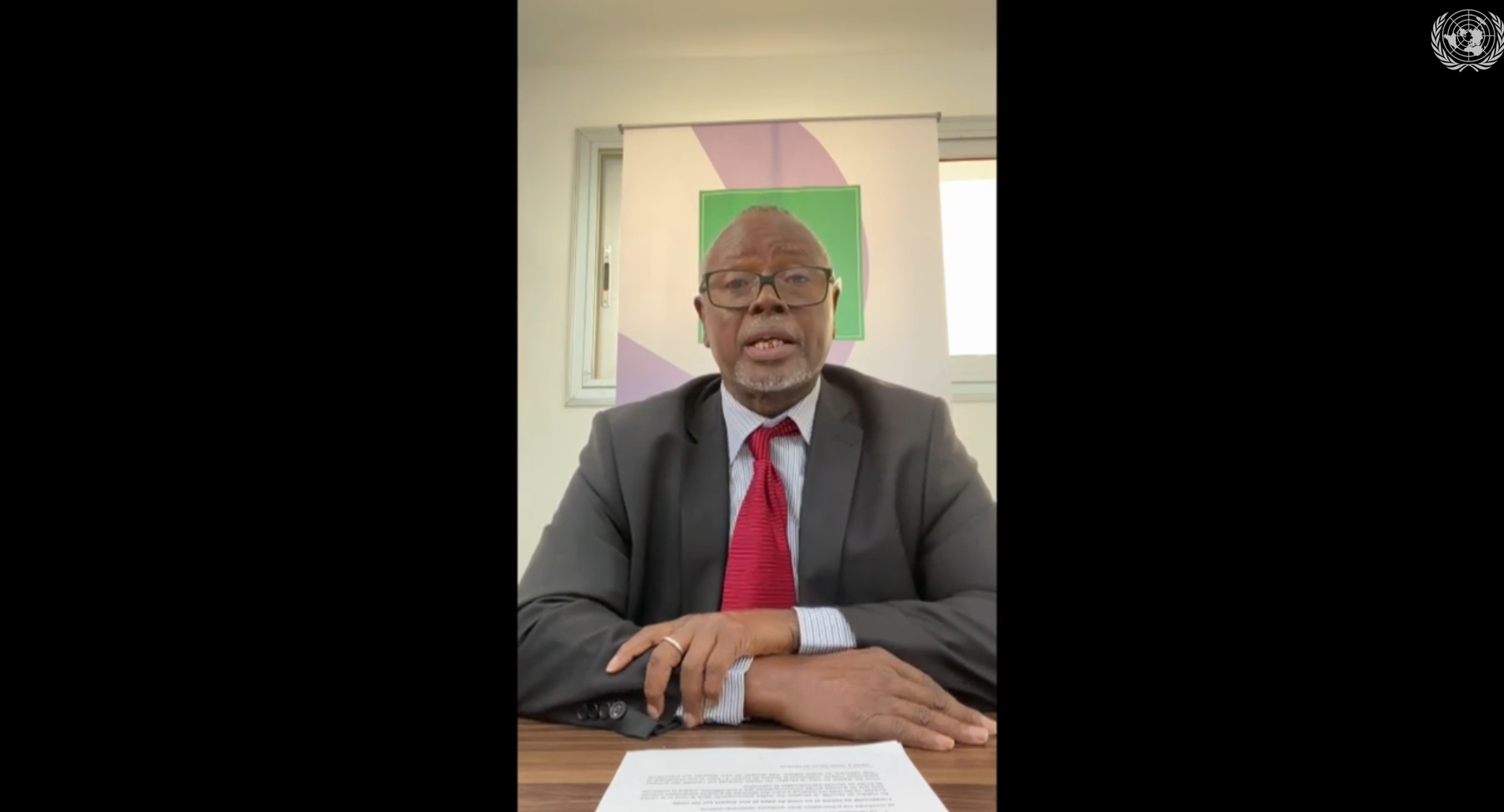During his update, the independent expert expressed his concerns about the continued detention of five public figures, including journalist Mohamed Bathily known as Ras Bath, despite the fact that a court decision ordered their immediate release. On 2 March 2021, the Indictment Division of the Bamako Court of Appeal annulled the proceedings for lack of evidence and ordered the immediate release of these five men. In light of the court’s decision on 2 March, he urged the Malian authorities to drop the charges and release the detainees.
ISHR and Femmes et Droits Humains delivered a joint statement highlighting that many people, particularly women and girls, face poverty, hunger, violence and repression. Indeed, since 2012 and the occupation of the northern regions of the country, violence against women in these regions has increased especially regarding sexual slavery and forced marriages.
“In 2017 Mali adopted a national law for the protection of human rights defenders and its implementation decree in 2020. More than ever, Mali must guarantee the protection of human rights defenders, particularly women defenders. To the Independent Expert, what support do you plan to give to the Malian government to ensure the full implementation of this law and its protection mechanism?” asked Djingarey Ibrahim Maiga from Femmes et Droits Humains.
Finally, the Independent Expert urged the government to accelerate its efforts to adopt the law to combat gender-based violence as soon as possible.
Contact: Adélaïde Etong Kame, Africa Programme Manager, [email protected]
Photo: ISHR




